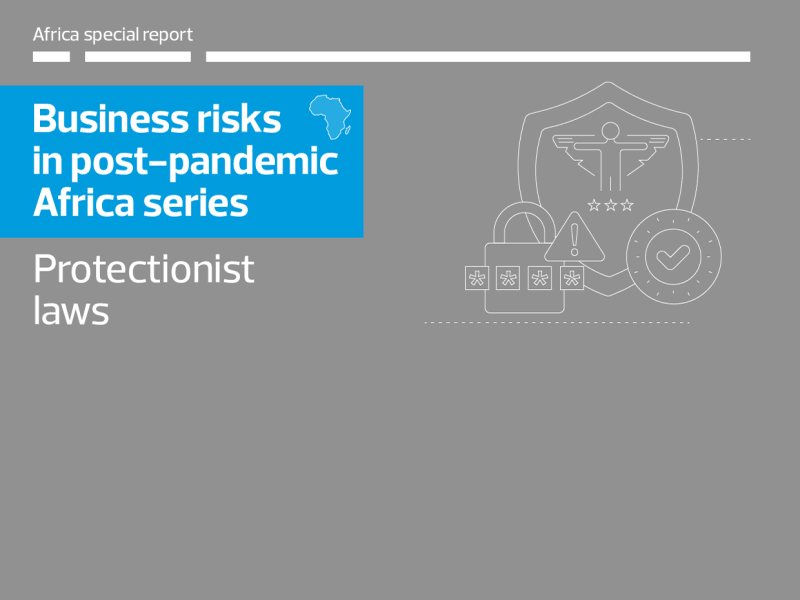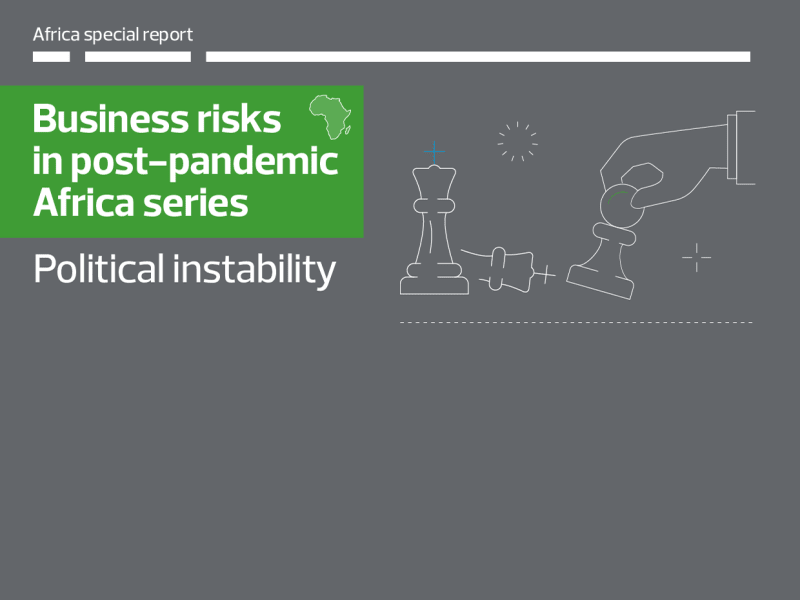According to a recent study relating to Africa’s economic forecast by The World Bank, “The economy is set to expand by 3.6 percent in 2022, down from 4 percent in 2021, as it struggles to pick up momentum amid a slowdown in global economic activity, continued supply constraints, outbreaks of new coronavirus variants, high inflation, and rising financial risks due to high and increasingly vulnerable debt levels.”
The World Bank has also cited the war in Ukraine as slowing the COVID-19 recovery in Africa, saying, “Although the direct trade and financial linkages with Russia and Ukraine are small, the war will likely impact Sub-Saharan African economies through higher commodity prices, higher food, fuel and headline inflation, tightening of global financial conditions, and reduced foreign financing flows into the region.”
Odirile Setlhoka, RSM Botswana, suggests that for middle market businesses, “Instability within financial markets is posing myriad challenges, including the impact from inflation, liquidity issues, rising interest rates, and access to credit due to reduced lending. All of these present risks for business investors. Further risks come from potential repatriation of profits, with some countries in Africa having rather tight tax laws, especially on withdrawal of profits or payment of dividends to foreign shareholders.
“Rigorous evaluation in financial planning is vital in mitigating the risks of financial instability, with liquidity issues being a key point of focus. Post pandemic, most companies in Botswana are looking to raise capital to finance the recovery of their business operations. Their first objective is to manage liquidity to ensure that there is enough cash available to fund the day-to-day operations and ongoing business activities.
“Given the uncertainty created by COVID, improvement of working capital management is important, especially the accelerated collection of debts. Restructuring of the balance sheet may also be important in conserving cash. Businesses with robust working capital management practices and a strong cash position will likely receive a warm reception from lenders.”
“Africa may very well find itself in a “catch 22” position,” says Titus Marago. “Rigid exchange control regulations and taxation policies, coupled with adverse market factors, are going to make it extremely hard to attract foreign direct investment, at a time when foreign direct investment is exactly what African financial markets need in order to counteract the current instability in the markets.
“Businesses will need to be creative and innovative in order to formulate viable strategies to attract and retain foreign investment. Essentially, it is all about identifying an opportunity within the midst of instability, and mitigating risk to an acceptable level from a foreign investors risk appetite perspective.”
In Eswatini, Mphile Manana says, “Just as the economy was starting to make a rebound from the effects of the pandemic, the Russian war in Ukraine has become another factor impacting the growth of economies. A surge in global oil prices has resulted in an increase in fuel prices which in turn has led to an increase in prices of inputs and food.
“Our currencies have been taking a beating as they are depreciating against the major currencies and this has resulted in an increase in the cost of imported supplies and inputs. Inflation has also increased which in turn has led to an increase in the cost of borrowing as commercial banks increase lending rates.
“On the positive side the depreciation of the currency against major currencies has resulted in businesses choosing instead to source their inputs locally. The tourism sector is also positively impacted by depreciating local currency and net exporters are also benefitting.”
“South Africa is considered to be one of Africa’s economic powerhouses and with an economy that is the most industrialised, technologically advanced and diversified in Africa”, according to Krueger. “Despite this, it is facing serious challenges as the perceived risk of investing in the country has increased, in part due to power outages implemented by the state-owned power utility ESKOM. The company has been implementing power cuts and these have been hurting economic activities. The South African reserve bank has also been aggressively hiking interest rates to maintain price stability in the country which has increased the cost of borrowing.”
Unsurprisingly, the war in Ukraine and COVID-19 recovery in Africa is impacting Sub-Saharan African economies through higher prices and inflation. This, coupled with inflexible regulations and taxation policies, and adverse market factors, are going to make it extremely hard to attract foreign direct investment. The government will need to set attractive policies and initiatives to make Africa a destination for investment going forward.




